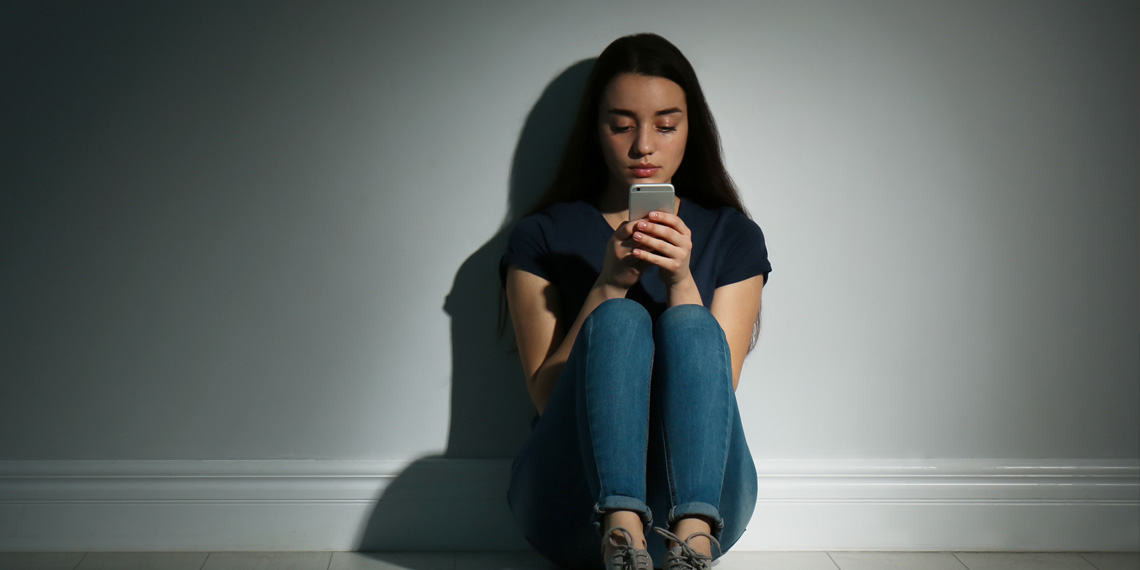Using smartphones for extended periods could negatively impact mental well-being and social connectedness, according to a recent study from researchers at the University of British Columbia and a media lab in Germany. Unlike earlier research that relied on self-reported data, this study from the Journal of Social and Personal Relationships employed direct tracking of screen time, revealing a “vicious cycle” in which feeling less socially connected leads to increased smartphone use.
The role smartphones play in our mental well-being has been the subject of heated debate among researchers. Earlier studies have produced mixed results, with some suggesting a negative impact—especially among teenagers—while others claim the impact is minimal. One significant limitation has been the reliance on self-reported smartphone usage, which is often inaccurate. This study seeks to fill the gap by tracking real screen time and measuring its effects on well- being and social connectedness.
The study aims to resolve inconsistencies in existing research by directly measuring smartphone use and its effects over time. Over six days, participants were checked in with multiple times a day to gauge their well-being and sense of social connectedness, seeking to provide more nuanced and reliable insights.
The research involved 325 Android users, from ages 14 to 80 and 58% women, primarily from the University of British Columbia and surrounding areas. Participants installed a screen-tracking app called “BeTrack” and answered questionnaires three times a day for six days. Advanced statistical techniques, known as multi-level models, were used to analyze the data and test two hypotheses related to how smartphone use interferes with or displaces offline social interactions.
Results found that increased smartphone use within an hour was linked to lower well-being immediately after — although offline social interaction mitigated some of this negative impact. More smartphone use led to feeling less socially connected, particularly for those who had average or higher levels of offline social interactions. In other words, a bidirectional relationship emerged: feeling less connected led to more smartphone use, which in turn led to feeling even less connected.
“Within individuals, we found that at times when an individual used their phone more in the hour preceding a survey, they reported lower levels of momentary well-being. We found no evidence of the reverse pathway: lower momentary well-being did not precede longer smartphone screen time, suggesting that smartphone use may lead to decreased well-being but not vice versa,” the researchers wrote.
“In addition to well-being, we were also interested in examining the impact of smartphone use on feelings of social connection. Dynamics over time suggested that within the same individual, increases in phone use duration predicted decreases in social connectedness, and these decreases in social connectedness in turn predicted increases in smartphone use. This bidirectional link suggests a complex relationship between social connectedness and smartphone use and may point to the risk of a vicious cycle.”
While the study is unique in finding smartphone screen-time and well-being relationships, it is important to note that it could not definitively establish causality and was limited to Android users. Additionally, the study did not distinguish between different types of smartphone usage, among other demographic limitations — that, and the app only recorded actual screen time when the screen was on, but not times that the phone was used with the screen off (such as playing music, listening to podcasts, etc).
The study, “Directly-measured smartphone screen time predicts well-being and feelings of social connectedness“, was authored by Christine Anderl, Marlise Hofer, and Frances Chen from Everyday Media Lab in Germany, and the University of Victoria in British Columbia, Canada.
Source link
credite

